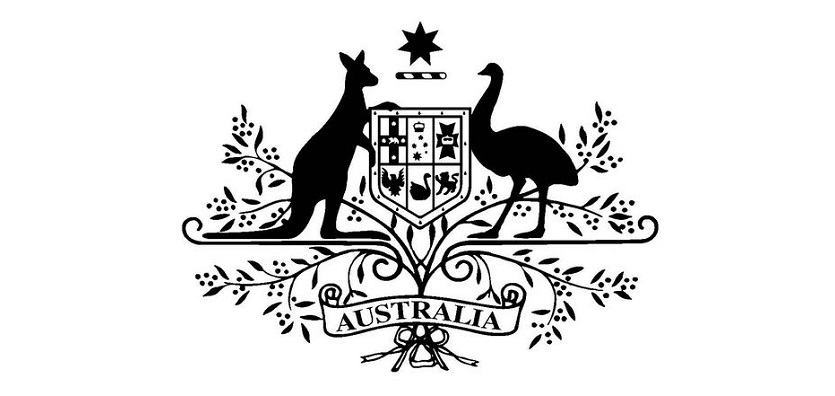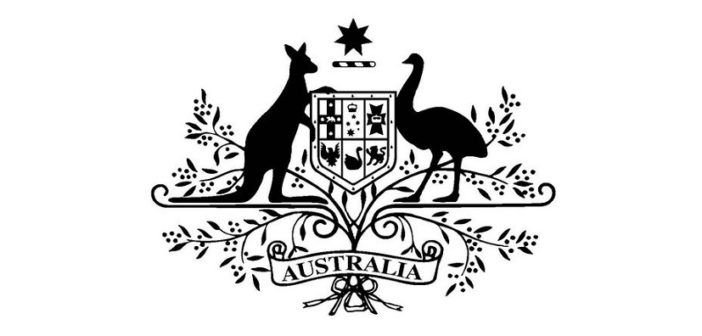
Chair’s foreword
In the 14 months since this inquiry was established, the committee has been inundated with emergency services workers telling their stories of experiencing bullying, harassment and discrimination in their respective agencies. A key purpose of this inquiry has been to give these workers a voice.
The committee was shocked by the many cases presented to us and by the seriousness of the allegations, which at times seemed to go unnoticed by the agency itself. It is unacceptable that emergency services workers, who are there to help our communities in times of need, are subjected to such inappropriate behaviours in their day to day work. It is even more disappointing to see that the actions, or should I say inactions, of the agencies in investigating and responding to bullying allegations, have in some cases done nothing but cause further angst and trauma.
It was very clear to the committee that many emergency services workers have little confidence in the current policies and procedures in place within their respective agencies to manage such complaints, and that this distrust cannot only be resolved internally. With this in mind, our key recommendation is for the establishment of an independent, external complaints management oversight body for workplace bullying, harassment and discrimination across all five emergency services agencies. The committee considers that establishing this layer of independence would go some way to building workers’ confidence in the complaints process, and importantly, ensure a greater level of accountability across the agencies.
Indeed, on the theme of accountability, the committee has also recommended that the five emergency services agencies report to the Legislative Council annually on data in respect of bullying, harassment and discrimination complaints, and that this committee conduct a further brief inquiry to review this data and the steps taken by the government and agencies in implementing our recommendations.
Another key theme in this inquiry was the mental health and wellbeing of first responders. Emergency services workers have a much higher risk of developing mental health illnesses given the nature of their work and their heightened exposure to traumatic events. It is apparent that it is not only these traumatic events that are contributing to mental health issues among first responders, but also the bullying culture that has manifested within some workplaces. The committee has therefore made a number of recommendations to make employee mental health a priority action, and to do more research on developing effective mental health interventions for emergency services workers.
The committee has also made a number of agency-specific recommendations to address the key concerns raised by stakeholders in relation to each of the five agencies. We urge each agency to take on board these recommendations and take strong action against perpetrators of bullying within their workplaces.
Finally, I thank all those who have done the right thing and taken a stand against inappropriate behaviours within their agency. It takes a lot of courage to speak up about these difficult issues, and I applaud all those who have come forward in this inquiry in an effort to seek systemic change. I would also like to thank my fellow committee members and the committee secretariat.
Hon Robert Borsak MLC
Committee Chair






